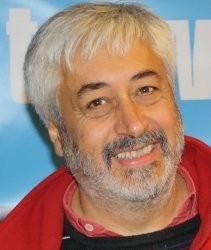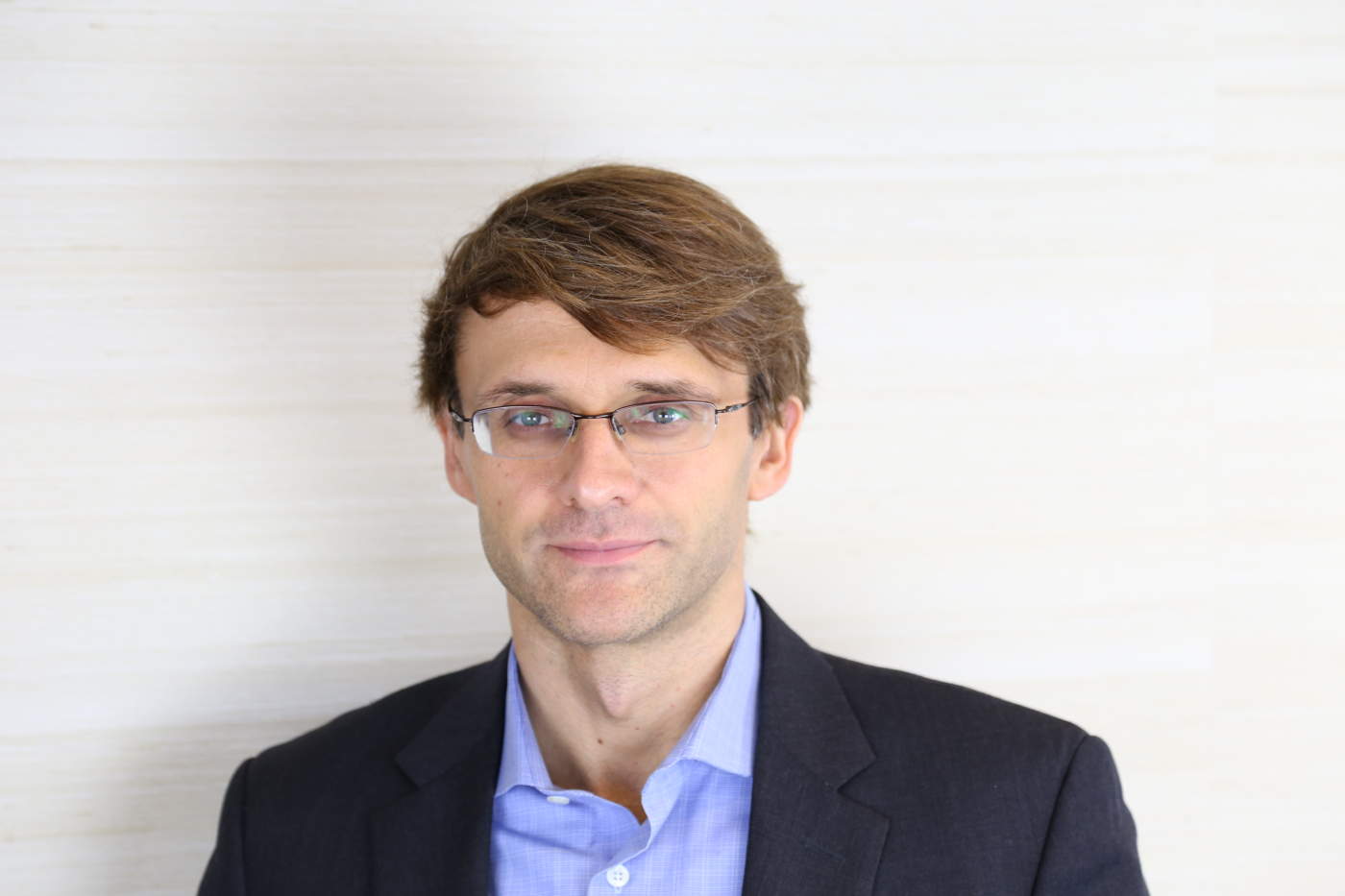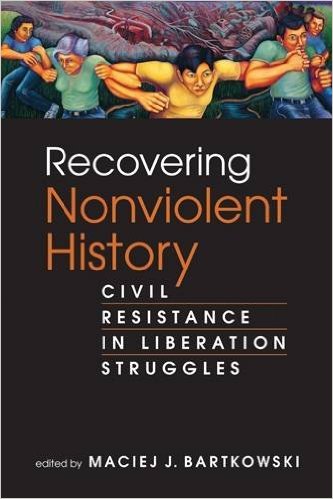If the Ukrainian president Victor Yanukovych eventually steps down it will not be because radical activists with improvised weaponry made him do so (though the romanticization of the maidan struggle will become a norm). It will be because millions of Ukrainians would have continued their current day-to-day nonviolent resistance: coming out to maidan in Kyiv in such massive numbers that the security forces will not dare to shoot; organizing peaceful demonstrations in towns and cities across the country; leading mass funerals for killed protesters; lighting candle lights throughout Ukraine; calling for and staging economic boycotts; blocking trains carrying the interior security forces; blocking highways to stop movement of thugs; locking down the police facilities to prevent security forces from leaving them; blocking airports; seizing government buildings in the regions; running parallel political, judicial and administrative institutions; setting up neighborhood watch groups; writing about and showing government repression that is disproportionate to any threats it faces; calling out the security forces and the army in the Ukrainian cities to declare they are with the people; forcing defections from the state bureaucracy and ruling Party of Regions on all levels of government; winning international solidarity. This civil resistance will bring Yanukovych regime down.
In Commemoration of Howard Clark- Activist, Writer and Scholar
7 FebPublished originally on the ICNC webpage
 On November 29, 2013 I and my colleagues from the International Center on Nonviolent Conflict (ICNC) learnt about Howard Clark’s passing. He left us much too early and too suddenly. And we lost not only a close, dear friend that could cheer and energize people around him but also an effective collaborator and a scholar-practitioner with a deep knowledge about and a sophisticated understanding of the field of nonviolent conflict.
On November 29, 2013 I and my colleagues from the International Center on Nonviolent Conflict (ICNC) learnt about Howard Clark’s passing. He left us much too early and too suddenly. And we lost not only a close, dear friend that could cheer and energize people around him but also an effective collaborator and a scholar-practitioner with a deep knowledge about and a sophisticated understanding of the field of nonviolent conflict.
Over many years, we have worked with Howard on various educational and research projects. I found in him an attentive listener and a person who was always available to help. Winning his sympathy was easy for everyone but it did not harm that I was a Pole. Howard held particularly fond memories of his travels to Poland in the 1980s, and his work with the Polish civil resisters from the group Wolnosc i Pokoj.
In the past four years Howard contributed enthusiastically to our academic seminars on civil resistance that ICNC organized for academics and students. Howard joined us in a tireless endeavor to share knowledge and educate others, including at the academic meeting in Collegium Civitas in Poland, at the curriculum support workshop in Istanbul, educational seminar with the Palestinian activists and scholars in Ramallah, West Bank, a high-level policy conference at Wilton Park, UK and at the academic seminars held at the Euro- Mediterranean University in Slovenia and Central European University in Budapest.
Working with Howard was always a great pleasure and inspiration. After one of the seminars in 2010 I sat down with him to discuss my idea for a new book that would uncover forgotten histories of civil resistance during the struggles for national liberation. Howard, who wrote a major study on civil resistance in Kosovo, quickly recognized the value that the new volume would bring to the field. In the next two years he worked unwaveringly and patiently with me and other authors to bring to fruition the work that people can now enjoy reading: Recovering Nonviolent History. Civil Resistance in Liberation Struggles published this year.
In the Acknowledgements of the book one will read the following: “…person who has been instrumental in the development of the book, and whose editing skills and historical insights have been invaluable, is Howard Clark, the author of the chapter [in Recovering Nonviolent History] on Kosovo. Many times over, Howard played the indispensable role of mentor and ghost editor.” Indeed, he was a great mentor to me and many others.
To honor his memory we have compiled the audio and video footage of Howard’s talks that we captured during our academic seminars with his participation. We are making them available for public viewing below in the hope that they will always remind us of the prodigious mind and warm colleague he was to all of us.
Maciej Bartkowski, ICNC Senior Director
__________
ICNC Curriculum support workshop in Istanbul
Howard Clark – Misconceptions about Strategic Nonviolent Action: Charismatic Leadership
Howard Clark – Concepts of Civil Resistance: Power and Consent
ICNC Academic Seminar at the Euro-Mediterranean University
Howard Clark – Cultural Aspects of Civil Resistance
Howard Clark – Civil Resistance Against Hitler
ICNC Academic Seminar at Central European University in Budapest
Howard Clark – Spain: 15M, Democracy, and les Indignades Movements
Howard Clark – Civil Resistance and External Actors: The Place of the Transnational





Recent Comments